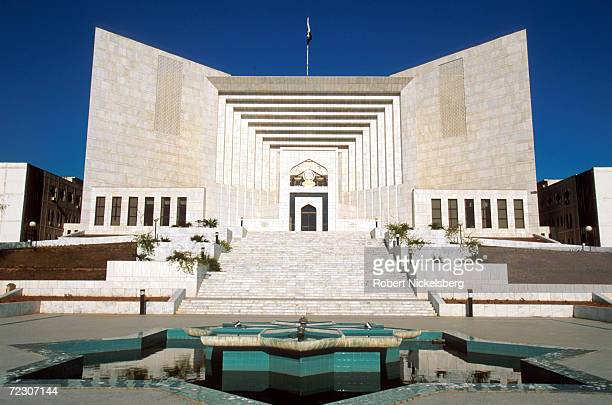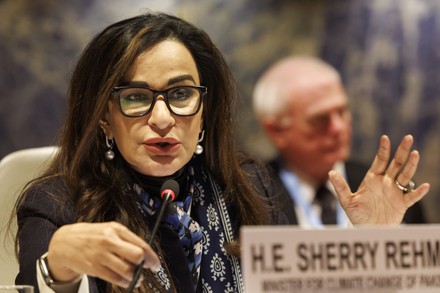
Pakistan’s future is full of potential, with opportunities for economic development, technological innovation, regional stability, and environmental sustainability.
May 15, 2023
Pakistan to strengthen ties with Japan; says foreign minister Bilawal Bhutto Zardari
July 3, 2023Navigating Pakistan’s Political Future: Challenges, Prospects, and Key Considerations
The political future of Pakistan is a topic that involves a complex interplay of various factors, including governance, socio-economic challenges, regional dynamics, and internal political dynamics. While it is challenging to predict the exact trajectory of Pakistan's political landscape, we can examine some key aspects that may shape its future:
- Democratic Consolidation: Pakistan has a history of alternating between periods of democratic rule and military interventions. In recent years, there have been positive developments towards strengthening democratic institutions, such as the completion of consecutive civilian governments and the transfer of power through elections. The future political landscape will depend on the country's ability to consolidate democratic norms, ensure transparent elections, and uphold the rule of law.
- Socio-economic Development: Pakistan faces significant socio-economic challenges, including poverty, inequality, unemployment, and infrastructure deficiencies. The political future will be influenced by the government's ability to address these issues effectively. Policies focusing on inclusive growth, poverty alleviation, job creation, and investment in education and healthcare will play a crucial role in shaping public sentiment and political stability.
- Security and Terrorism: Pakistan has faced internal security challenges, including terrorism and extremism. The success of counter-terrorism efforts, including addressing radicalization and ensuring peace and stability in the region, will impact the political landscape. Effective security policies, along with efforts to promote social harmony and religious tolerance, will be vital in shaping the country's political future.
- Regional Dynamics: Pakistan's relationships with neighboring countries, particularly India and Afghanistan, will continue to shape its political future. Tensions and conflicts in the region, such as the Kashmir issue, border disputes, and terrorism, can have implications for domestic politics. Pakistan's ability to maintain constructive diplomatic relations and engage in regional cooperation will influence its political stability and future prospects.
- Youth and Changing Demographics: Pakistan has a significant youth population, and their aspirations and engagement in the political process will shape the country's future. Empowering youth through education, employment opportunities, and political participation can contribute to a more vibrant and inclusive political landscape. The ability of political parties to address the concerns and aspirations of the youth will be crucial for their support and engagement.
- Role of Institutions: The strength and independence of institutions like the judiciary, media, and civil society organizations are vital for a healthy political environment. Upholding the principles of accountability, transparency, and good governance will help strengthen these institutions and ensure a more stable and democratic political future.
It is important to note that Pakistan's political future will be influenced by a multitude of factors, and it is subject to change based on evolving circumstances and dynamics. The trajectory will depend on the collective efforts of political actors, civil society, institutions, and the Pakistani people to navigate the challenges and work towards a more prosperous, democratic, and stable future.



